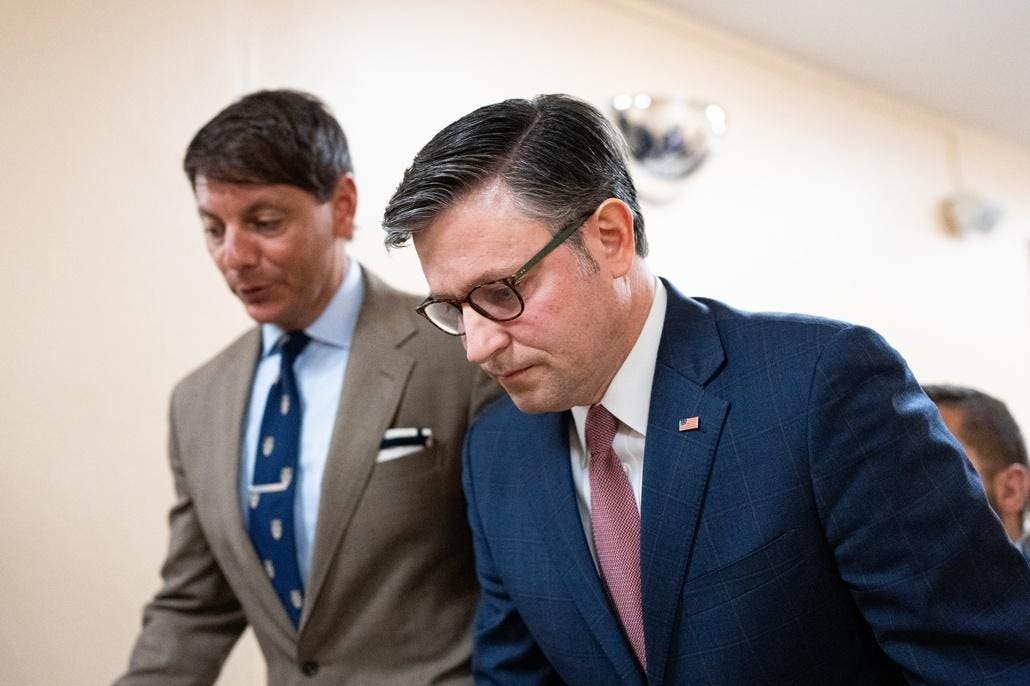Current Landscape of Student Loan forgiveness Under the IBR Program
The U.S. Department of Education has temporarily suspended student loan forgiveness through the Income-Based Repayment (IBR) program, a prominent income-driven repayment option for federal student loans. Unlike other plans such as SAVE, PAYE, and ICR-which are entangled in ongoing legal disputes-the IBR plan remains free from court injunctions but is currently paused due to necessary system enhancements.
How IBR Differs Within Income-Driven Repayment Forgiveness options
The IBR program determines monthly payments by factoring in a borrower’s income and household size,with adjustments made annually. Borrowers who have not fully repaid their loans after 20 or 25 years-depending on when they borrowed-are eligible for loan forgiveness under this plan. Importantly, Congress explicitly authorized forgiveness at the conclusion of these repayment periods.
In contrast, newer programs like SAVE were established through administrative rules rather than legislation and have faced judicial blocks following lawsuits from multiple states. These court decisions have halted forgiveness under SAVE and also related plans PAYE and ICR because they rely on regulatory authority that courts have questioned.
No Judicial Restrictions Currently Affecting Forgiveness Under IBR
Although no court orders currently prevent loan discharges under the IBR program, the department of Education is not processing cancellations for borrowers who meet eligibility criteria at this time. This pause conflicts with statutory mandates but appears linked to technical difficulties within department systems managing qualifying payments amid overlapping injunctions impacting other programs.
“As recently as early 2025, borrowers eligible for cancellation via income-based repayment experienced delays in discharge despite legal obligations,” stated an internal source familiar with department operations.
System Upgrades Amid Legal Spillover: The Department’s Clarification
The Education Department attributes the freeze on processing forgiven loans under IBR to essential system updates intended to accurately exclude months affected by court injunctions against regulations tied to SAVE. Earlier this year, a federal appeals court broadened its block to encompass all aspects of regulations governing SAVE; some provisions also influence how deferment periods count toward forgiveness across multiple income-driven plans including IBR.
no recent judicial ruling specifically requires halting loan cancellations based on congressionally authorized provisions within the original statute governing IBR repayments.
Court Decisions Versus Administrative Actions: Effects on Borrowers
Borower advocacy organizations contend that political choices are being obscured behind complex legal issues stemming from unrelated cases involving newer repayment options. Critics argue these delays extend borrower debt unnecessarily while interest accumulates-contrary to congressional intent aimed at providing relief after long-term payment commitments are fulfilled.
Challenges Facing Federal Student Loan Programs Amid Backlogs and Policy Changes
This suspension coincides with notable operational slowdowns: over 1.5 million applications for income-driven repayment remain unprocessed due to backlogs worsened by prior suspensions linked partly to litigation surrounding new programs like SAVE.
The recent resumption of interest accrual on loans previously paused during SAVE-related forbearance adds financial strain on nearly eight million borrowers encouraged now to transition into legally compliant alternatives such as IBR-a shift recommended by officials given current restrictions blocking progress toward discharge benefits within contested programs.
A New Legislative Era Transforming Income-Driven Repayment Plans
A thorough legislative package has introduced major reforms set to phase out existing plans including PAYE, SAVE, and Income-Contingent Repayment (ICR).It creates a new option called the Repayment Assistance Plan (RAP), which extends required payment durations before eligibility for forgiveness-from 20 or 25 years up to 30 years-for future borrowers while maintaining current access to traditional options like IBR until full implementation occurs.
Navigating Your Choices While Awaiting Resolution On Pending Forgiveness Claims
- Maintain Payments: Borrowers can continue making regular payments under existing terms with hope that any excess paid beyond required months will be refunded once discharges resume;
- Apply For Forbearance: Those experiencing financial hardship may request temporary suspension of payments though interest will continue accruing during this period;
- no Defined Timeline: The length of this pause remains uncertain pending resolution of technical challenges and policy updates within federal agencies;
- No Effect On Other Programs: Separate initiatives such as Public Service Loan Forgiveness remain unaffected despite disruptions elsewhere in student aid administration;
The Path Forward: Essential Information For Borrowers Now
If you qualify for student loan cancellation through Income-Based Repayment but haven’t yet received your discharge solely due to administrative delays or policy pauses-not because courts barred it-you should monitor updates directly from your servicer or official government sources regarding next steps once processing resumes.
Keeping detailed records about your payments made so far can help ensure proper credit when relief becomes available again.
Meanwhile consider consulting financial professionals educated about evolving federal policies if you face challenges managing accrued interest or payment obligations during this interim period.





